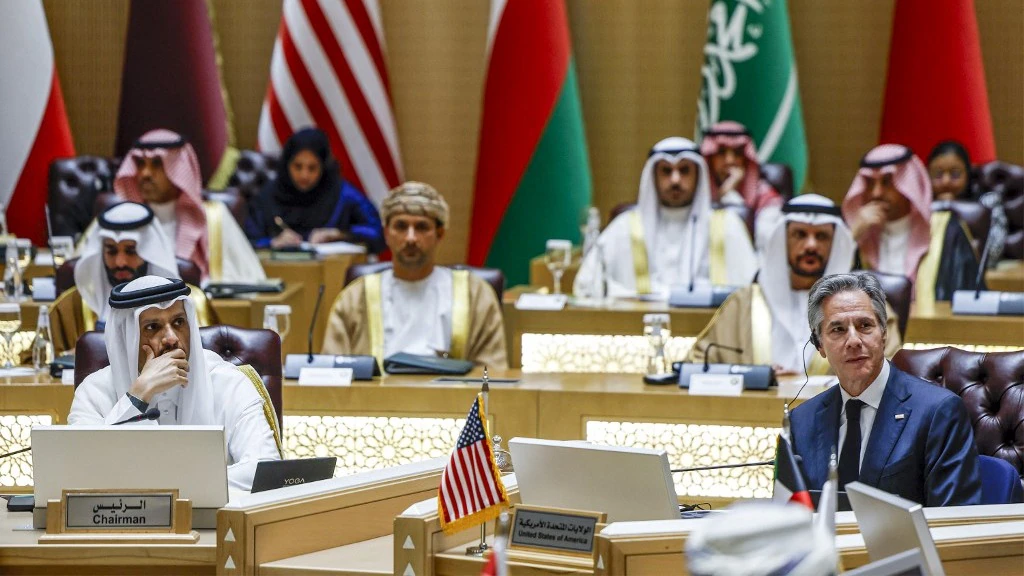Efforts to broker a ceasefire in Gaza are intensifying, with Egyptian and Qatari officials deepening their engagement in the ongoing indirect negotiations between Israel and Hamas. Recent high-level meetings underscore the urgency of the situation, as both sides seek to overcome lingering obstacles to reach an agreement that could end months of violence.
At the center of the mediation push is Egypt’s intelligence chief, who has held multiple rounds of discussions with negotiators from both the Palestinian and Israeli sides. These talks are part of a broader diplomatic campaign to bring about a lasting truce in the Gaza Strip, which has endured heavy casualties, widespread destruction, and severe humanitarian conditions since the conflict escalated.
The Egyptian official also met with Qatar’s prime minister, a key player in the mediation process, in a bid to coordinate strategies and align positions between the two influential regional powers. Qatar has long maintained lines of communication with Hamas and has played a central role in past ceasefire efforts, while Egypt enjoys strategic ties with both Israel and Palestinian factions. Their collaboration is considered vital to any successful outcome.
While the specific timing and location of the meeting remain undisclosed, the engagement is seen as a crucial step forward, especially amid growing international calls for a resolution. Mediators are reportedly focusing on bridging the gaps between Israeli security concerns and Hamas’s demands, which include a phased withdrawal of Israeli forces from Gaza, the return of displaced Palestinians, and guarantees for the reconstruction of war-ravaged areas.
One of the main sticking points remains the issue of prisoner exchanges and guarantees for long-term calm. Hamas is reportedly insisting on the release of Palestinian detainees held in Israeli prisons, while Israel is demanding the return of hostages still held in Gaza and solid assurances that hostilities will not resume.
Despite these challenges, negotiators appear cautiously optimistic that progress can be made. Both sides are under significant internal and external pressure. Israel faces mounting domestic unrest and growing dissatisfaction over the prolonged conflict and its consequences. Hamas, meanwhile, must reckon with the devastating impact of the war on the civilian population in Gaza, where basic services and infrastructure have been pushed to the brink of collapse.
The humanitarian toll of the conflict has added further urgency to the mediation efforts. Aid organizations continue to warn of famine, disease, and mass displacement if a ceasefire is not secured soon. These warnings have strengthened the resolve of mediators to fast-track negotiations and press for compromise where possible.
As talks continue behind closed doors, observers note that the involvement of Egypt and Qatar, two regional heavyweights with established channels to both parties, offers the best chance for a breakthrough. Whether the current push will yield a concrete agreement remains to be seen, but the renewed diplomatic momentum offers a glimmer of hope for a ceasefire that could bring relief to millions affected by the war.

